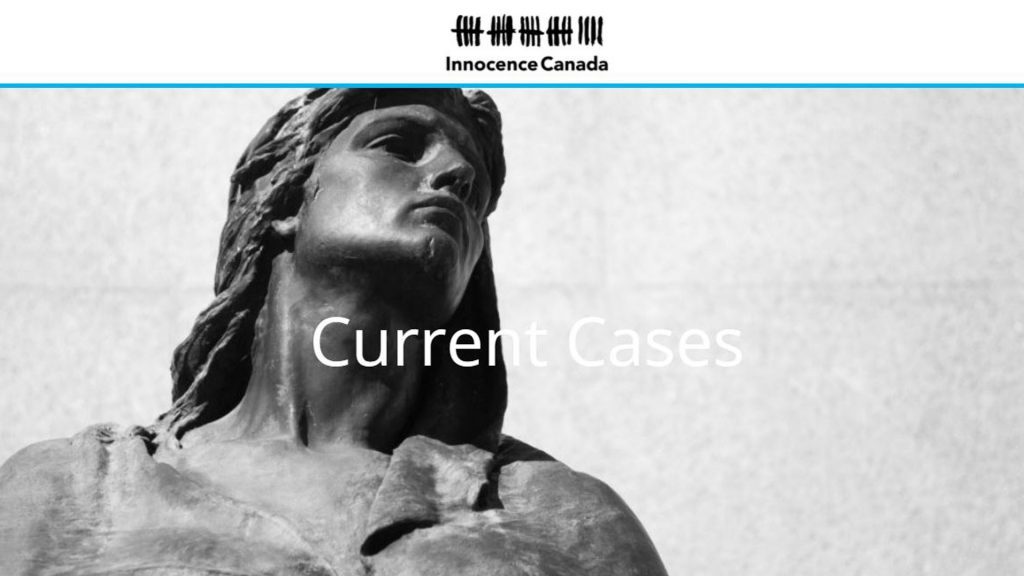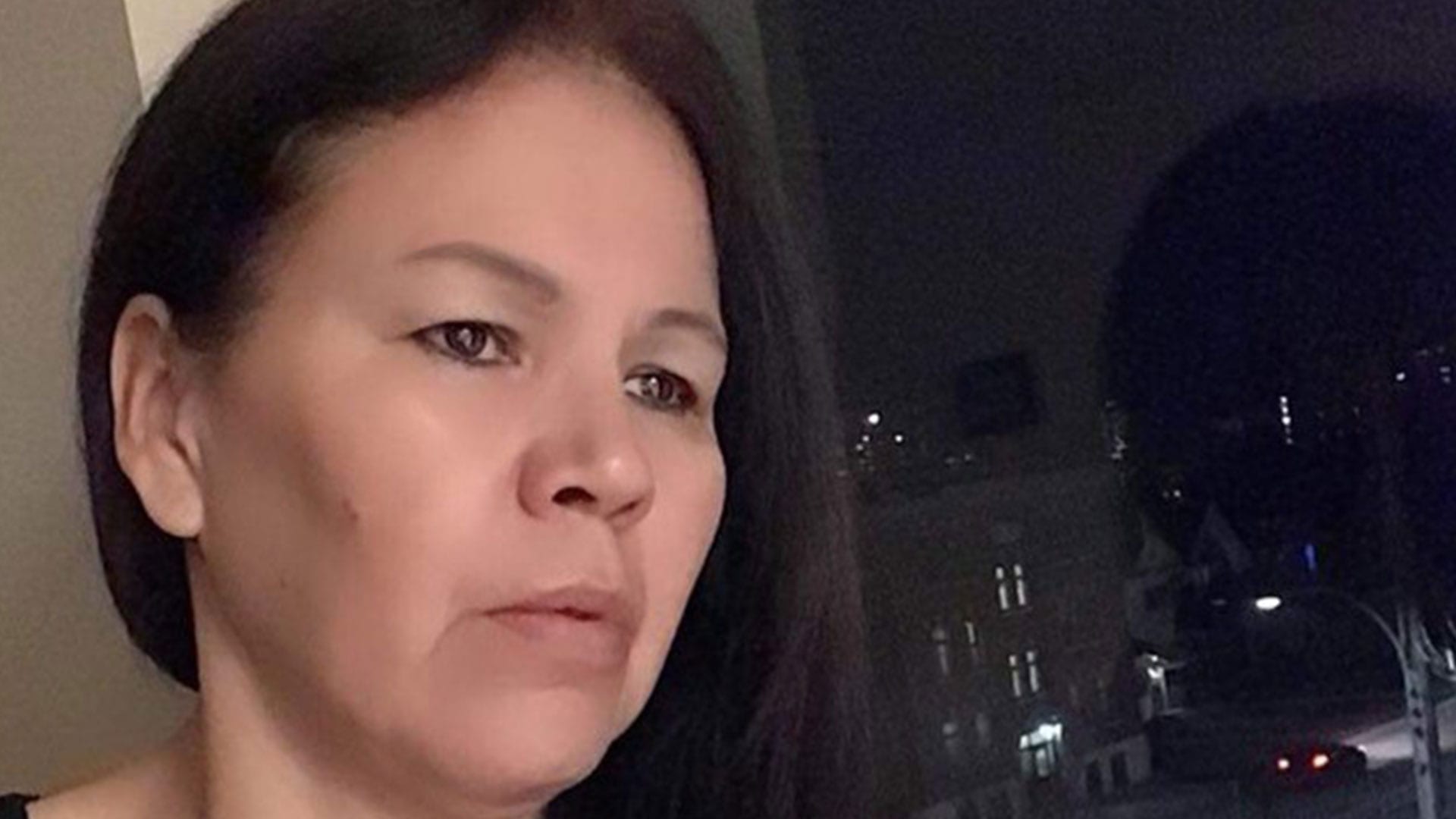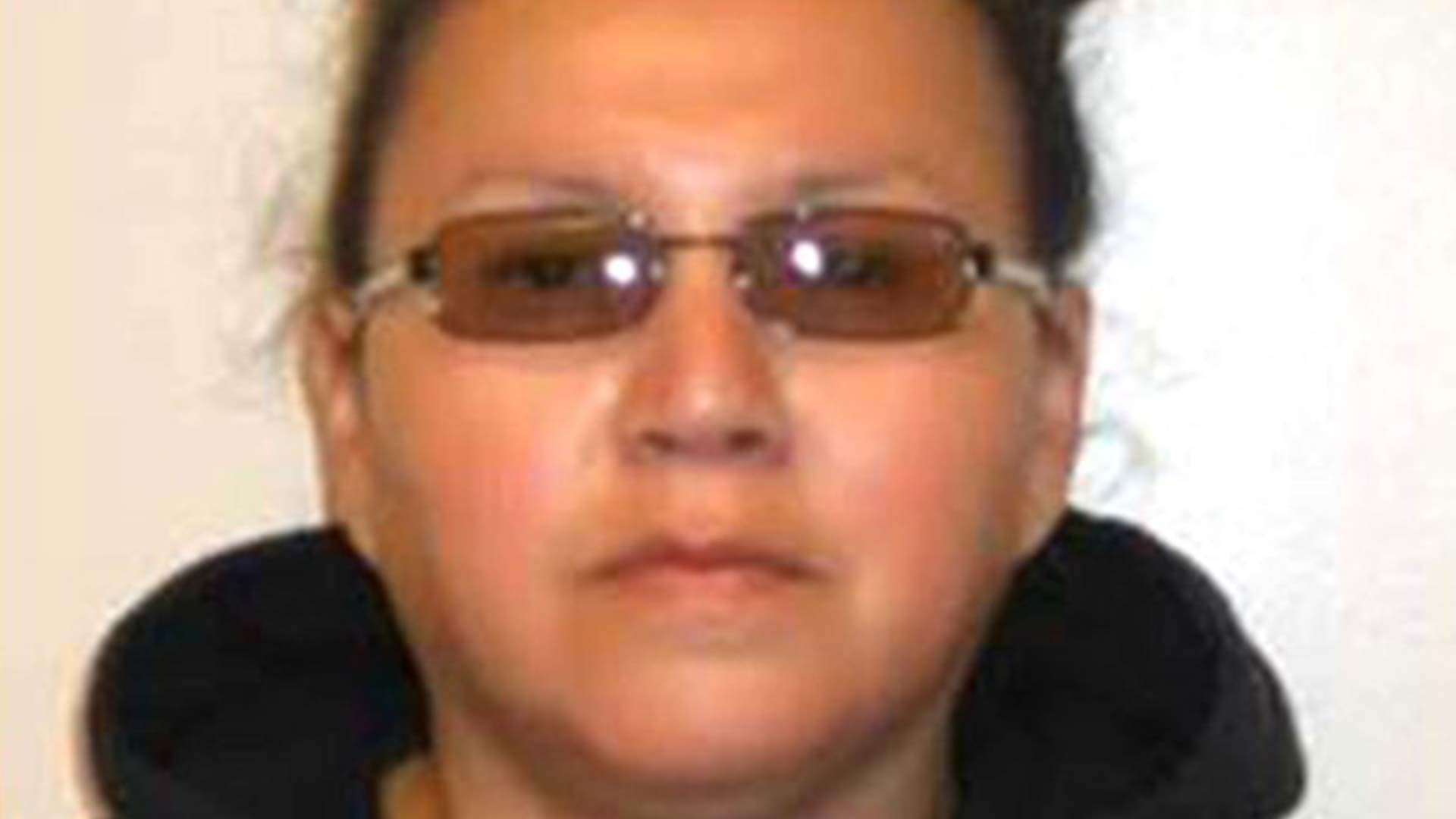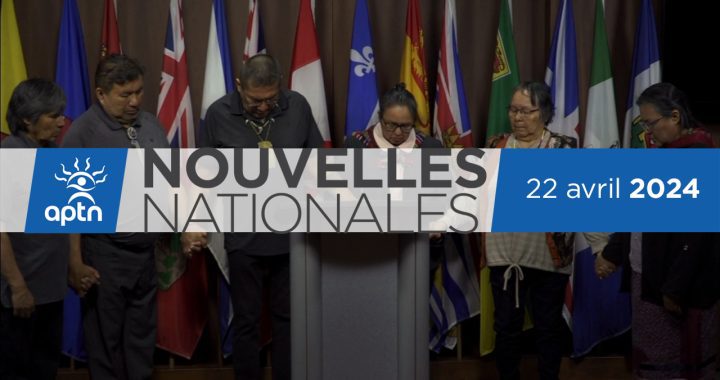
Innocence Canada has agreed to fight for the release of two Saulteaux women it believes suffered ‘a miscarriage of justice’ in Saskatchewan.
“These two women have spent more than enough time in prison,” said Innocence Canada co-president Ron Dalton after the group decided to adopt the joint wrongful-conviction case of Odelia and Nerissa Quewezance Thursday night.
“The facts, as we know them at this point of this particular case, doesn’t necessarily scream innocence…but it definitely screams a miscarriage of justice,” Dalton told APTN News in an interview.
Innocence Canada, which formed about 29 years ago, usually works to exonerate inmates who were wrongfully convicted. But it also puts its name and resources behind those it believes received a raw deal, Dalton explained.
“All through the investigation, through the court, but even more generally – just culturally – these women were victims of residential schools,” he said of the Quewezance sisters’ case.
“These people were held in custody and questioned when they weren’t supposed to be, and kept at the police station when a judge had ordered them to be taken to a correctional facility. A whole number of things.”

The Quewezance sisters of Keeseekoose First Nation were convicted in the 1993 death of farmer Anthony Dolff. They were sentenced in 1994 and have served 29 years so far.
Their cousin, who was a minor at the time, said he killed Dolff, who farmed near Kamsack, Sask., following a dispute during a get-together at Dolff’s home.
Earlier this week, Toronto-based lawyer James Lockyer told APTN he represents the sisters, and sent a proposal to Saskatchewan Justice to partner in having their second-degree murder convictions reduced to manslaughter.
Saskatchewan Justice wouldn’t confirm to APTN it received the proposal.
But Dalton said – with growing support for the sisters and the involvement of Innocence Canada – Saskatchewan may be open to a deal.
“Essentially, in some of these cases, you have to embarrass them into doing the right thing sometimes,” he noted in a telephone interview. “They may, at this point, finally say, ‘Enough is enough.’ The Saskatchewan government’s attorney general would still have that opportunity.
“They may decide to cut some sort of a deal and say, ‘We’ll release them on lesser charges and consider [it] time served.’”
Read More:
Innocence Canada is actively working on 52 cases and has another 44 on its waiting list, Dalton said, noting it has won 12 exonerations so far with another “seven or eight cases” pending in front of [federal] Justice Minister David Lametti.
If Saskatchewan Justice declines to accept Lockyer’s proposal, the lawyer told APTN he would apply to Lametti himself to quash the sisters’ convictions under Sec. 696.1 of the Criminal Code.
That’s a longer, more involved process, Dalton said.
“I think James [Lockyer] is hoping the Saskatchewan government – the attorney general – will intervene and [Lockyer] will not have to go the longer route given how much time [the sisters] have [served].”

Dalton was wrongfully convicted of murdering his wife in Gander, Nfld., in 1989 and served approximately eight years before being cleared after a second trial.
He said it was another exoneree, David Milgaard, who told him about the Quewezance case about a year ago.
“David is a well-known name across Canada but particularly in Saskatchewan. And he has a voice,” Dalton said.
Milgaard was released in 1992 with the help of the Association in Defence of the Wrongly Convicted (AIDWYC), the predecessor to Innocence Canada, after serving 23 years for the 1969 rape and murder of Gail Miller in Saskatoon.
“He kept bringing it to my attention…to James Lockyer’s attention,” Dalton said of the Quewezance case.
Lockyer, who helped found AIDWYC in 1993, believes the sisters have done their time.
“The goal is to get Odelia and Nerissa released from prison so they can live the rest of their lives free of state restraints,” he told APTN earlier this week.
Neither Odelia nor Nerissa, who were 21 and 19, respectively, when they were convicted, were able to comment for this story.
Dalton said Innocence Canada is funded by the Law Foundation of Ontario, some federal grants, and occasional private donations. It has 13 volunteer members on the board and generally deals with homicide cases.









